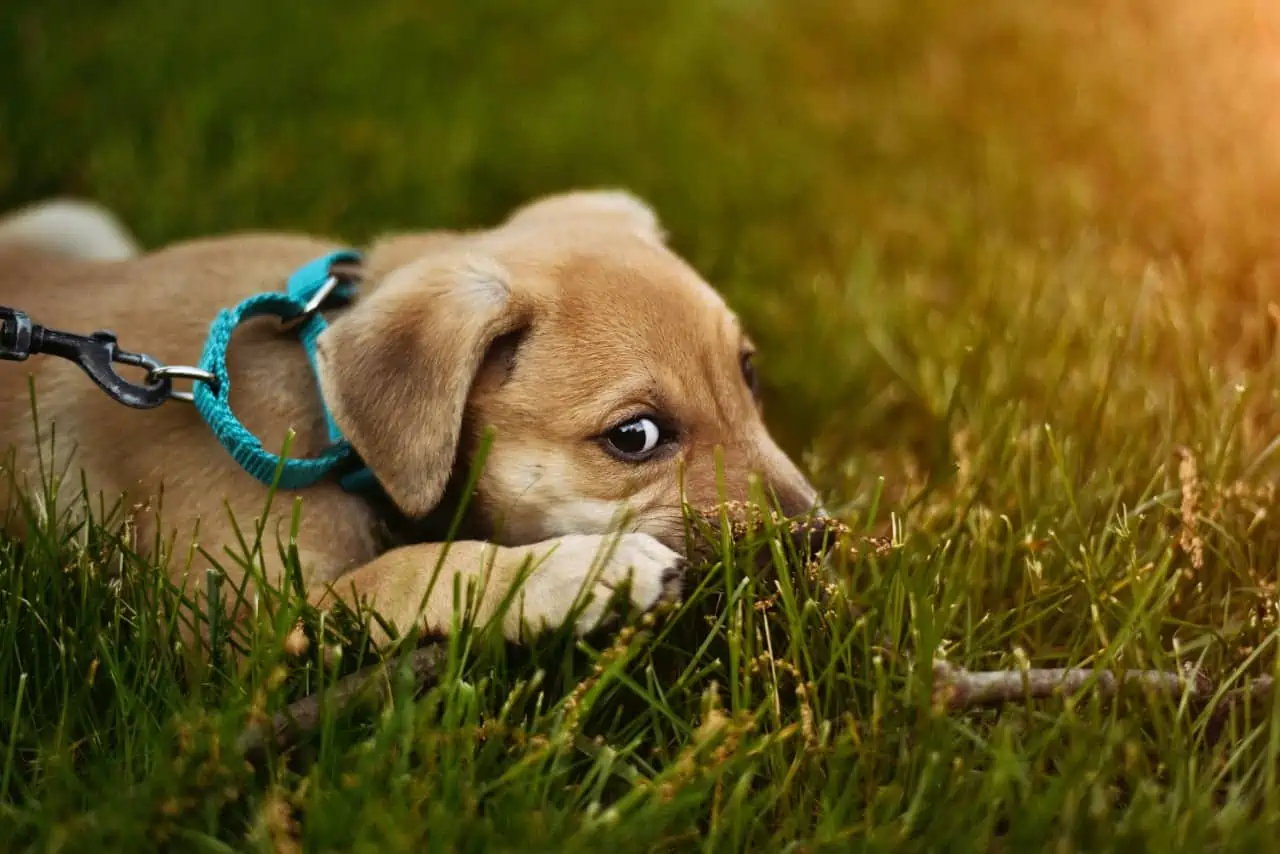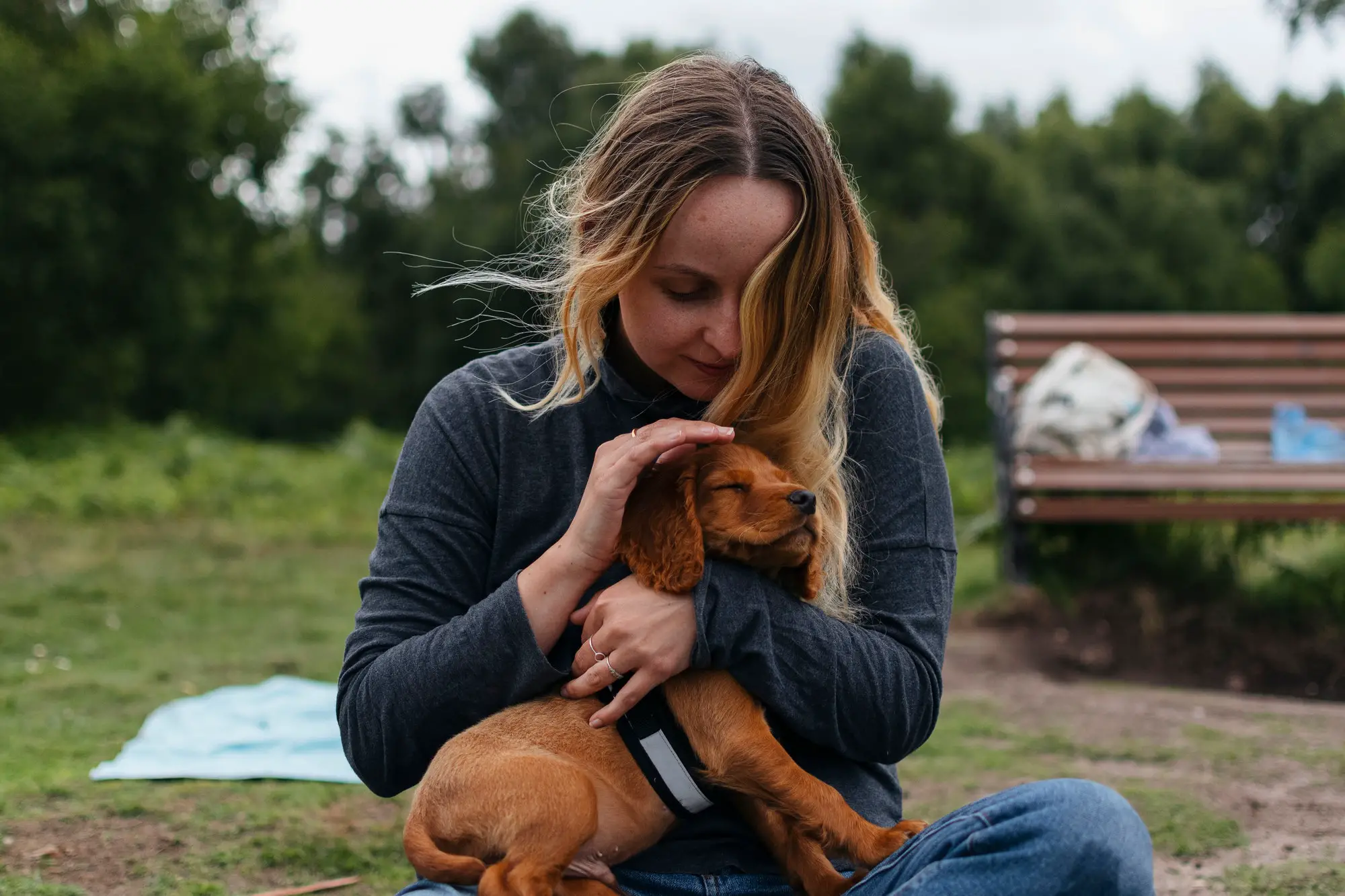As dogs are living longer, cancer is becoming more and more common. In fact, it is said that almost half the deaths in dogs over 10 years of age are from cancer.
Table of Contents
What is Cancer?
Cancer is not a single disease, but rather a group of diseases in which cells multiply uncontrolled. These cells form growths known as tumors.
Virtually any organ or body tissue can develop cancer. Tumors of bones and muscles are called sarcomas. Tumors of the skin, glands or organs are known as carcinomas. Both may metastasize, or spread to other organs via the blood or lymphatic system.
The tumors basically starve the organs of the body of oxygen and nutrients, causing death.
Types of Cancer
There are many kinds of cancers. Most are seen in older dogs, but increasingly some are being seen in much younger ones as well. Some dogs are more predisposed to certain cancers, and some, such as Beagles, seem to rarely get the disease. Some types of cancer are more common than others also. Bone cancer is especially common in the giant breeds. Mammary gland cancer is very common, usually seen in intact females. Similarly, testicular cancer is most often seen in unneutered male dogs. Lymphoma, cancer of the lymph tissues is the 3rd most common cancer seen in dogs. Oral cancers and mast cell skin cancers are also very common.
Symptoms and Diagnoses
Symptoms are many and depend on the type and location of the cancer. Often no symptoms are evident until the cancer has spread to other organs. In general, signs include sudden unexplained weight loss, loss of appetite or difficulty eating, lethargy, firm growing, lumps or masses, difficulty breathing, persistent discharges or bleeding, sores that do not heal, lameness and changes in bowel or urinary habits.
Diagnosis is most often done with a biopsy. This may involve taking just a small sample of the tumor or removing the entire mass. Microscopic examination will determine the type of cancer. Further blood work, physical examination and xrays when called for will aid in diagnosis and prognosis.
Dogs with Cancer- Treatment Options
Traditional treatments include surgery, radiation, chemotherapy and immunotherapy. Alternative, holistic therapies involve diet, supplements, herbs and or homeopathics. Of these, nutrition is probably the most important aspect, whether using traditional therapies or not.
Good nutrition is essential for the immune system to function properly, and a strong immune system will help stem the abnormal growth of cancer cell. A homemade diet is the best choice. Supplements are also recommended, including CoQ10, digestive enzymes, omega-3 fatty acids (especially salmon oil), and antioxidant vitamins C and E.
You may also like to read: How to take care of senior dog?, Dog Health Problems
If you are a dog lover then, Subscribe to our weekly newsletters. No Spams!












